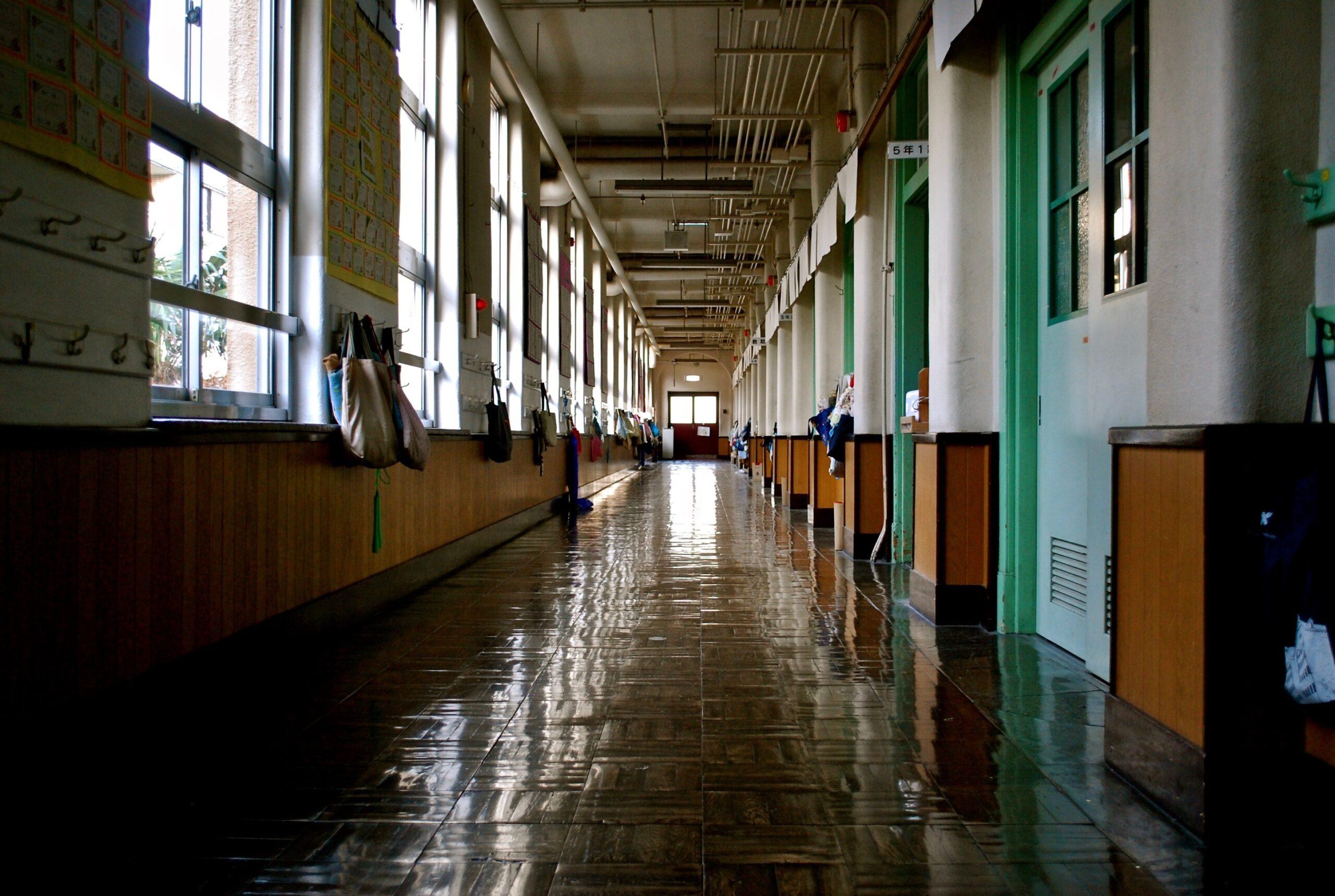One of parents’ biggest pet peeves is hearing their children curse. The loathing is understandable because society frowns upon people, especially kids, who curse. To stop kids and teens from cursing, the organization Bleep! was created.
Reasons Not to Curse
Bleep! believes that cursing has many negative effects. It’s commonly accepted that people who use bad words are ignorant, unpleasant, unimaginative, immature and whiny, and they lack a better way of expressing themselves. Cursing exhibits a bad attitude, poor self-control and little character. It is also disrespectful and offensive and can make others uncomfortable, which endangers relationships.
People may judge your family, school or community based on how you speak. When a child curses, people often assume that the family allows for that kind of speech at home and may attribute negative personality traits to the child’s relatives. The same concept applies to a child’s school, a parent’s workplace or the community. A community can be any group to which you belong, such as your nationality, ethnicity, religious affiliation or even your group of friends.
The ability to express ourselves is one of the biggest strengths we have as human beings. And because with every power comes responsibility, we should use speech in a proper and positive manner.
How to Stop Kids from Cursing
Parents should try to lower their children’s exposure to bad words. To do this, consider monitoring what TV shows, movies, magazines and books your children watch and read. Because children are most influenced by their parents, try to abstain from cursing around them. Think about instilling in your children that bad words are not acceptable parts of anyone’s vocabulary.
If parents want their family to stop cursing, there are many ways to motivate positive self-expression. Keeping a swear jar in the house and putting a quarter in it every time someone curses is often an effective method. Using alternatives like “shoot” and “darn” to curse words can also work. You can also say silly words like “fudgsicle” and “fadoodle” in place of bad words to amuse your kids.
It’s important to realize that kids tend to curse to fit in with their peers or friends. As a result, parents need to remind their children that a friend who pressures a child to do anything, including cursing, is not being a good friend. A good friend accepts a person for who he or she is and does not try to make the other person do or say certain things.
The Bleep! Impact
Bleep! has helped local kids and teens in their clean-mouthed crusade. “I have always been able to control my language,” says member Tzvi P. “Bleep! has provided added awareness, and it is definitely an important mission seeing as swearing is a prevalent issue this day and age.” Rachel B. agrees: “Bleep!’s very existence sends a powerful, much-needed message to today’s media-drenched world.”
To date, Bleep! has almost 750 members in 27 states and ten countries. While Bleep!’s mission is to stop people from cursing, Bleep! also aims to raise awareness of what you say before you say it. Bleep! members are allowed to curse; they have First Amendment rights. Bleep! just wants people to think twice before they use a bad word.
“I think that Bleep!’s mission is important because it provides me with the awareness that I should think twice before I speak,” Bleep! affiliate Miriam W. confirms. “I don’t want people who don’t know me to judge me in an unfavorable manner for something that came out of my mouth unnecessarily. I think if more teenagers were aware of this, they would think twice before they speak the way they do.”
If your kids want to sign up for Bleep!, have them send their name and state of residence to bleep3@gmail.com. Members receive the monthly e-newsletter with Bleep! news, member submissions and additional information about cursing.


